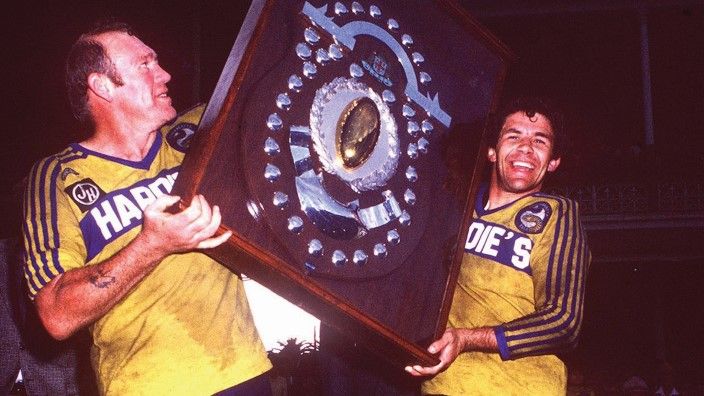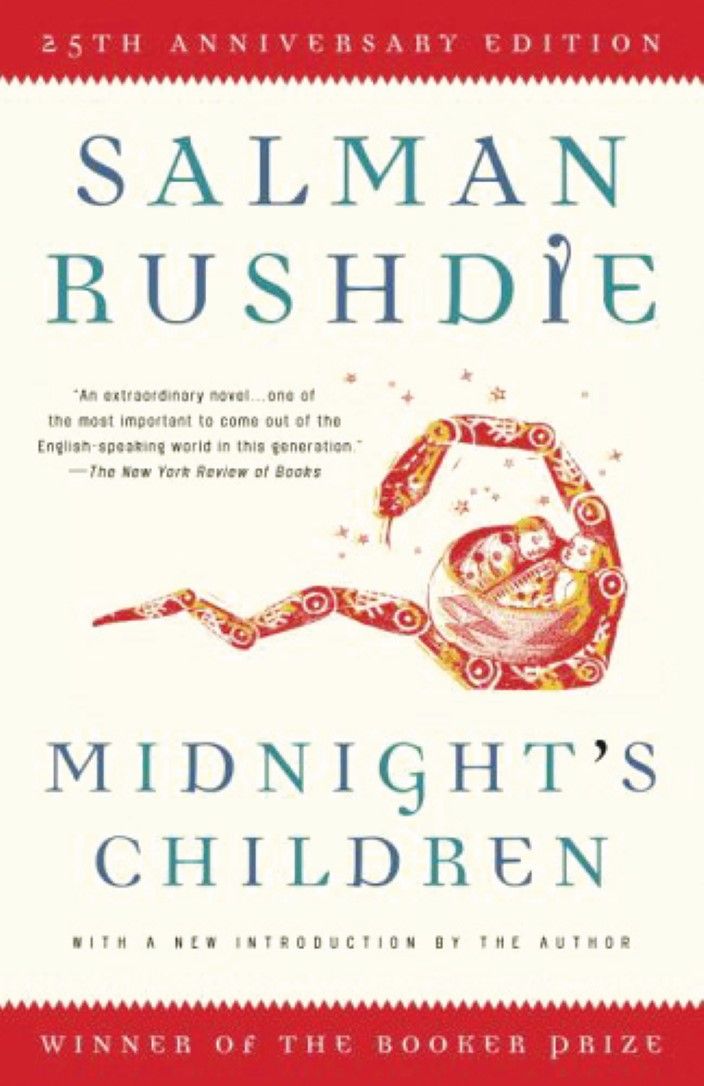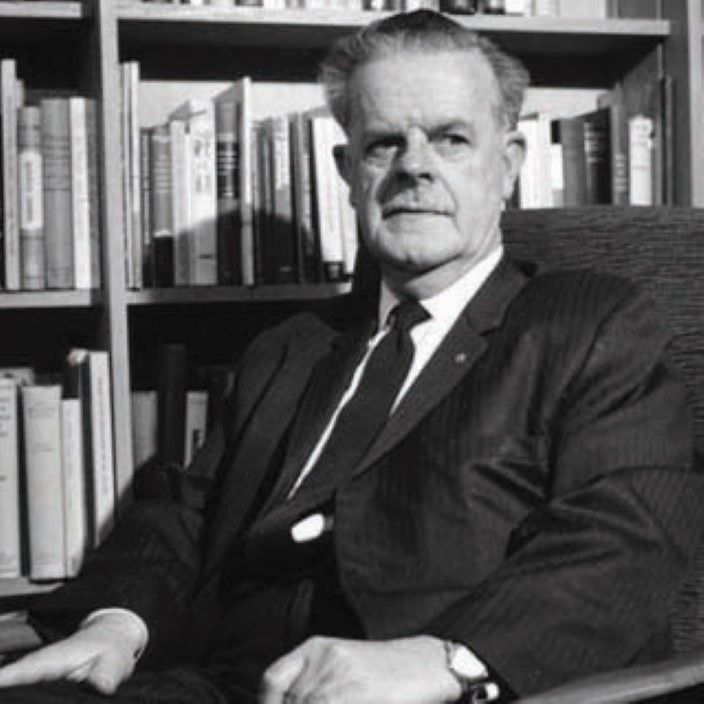
In a semi-regular column, we delve into our Newsmonth archives to uncover what stood out in the union, the teaching profession and the education sector, as well as politics and culture. Here we wind the clock back 40 years to 1981.










































































































































Time capsule 1981
2021 August Newsmonth


In a semi-regular column, we delve into our Newsmonth archives to uncover what stood out in the union, the teaching profession and the education sector, as well as politics and culture. Here we wind the clock back 40 years to 1981.

In 1981, the IEU was known as the Independent Teachers Association (ITA), boasting a total membership of 5603 (of these, 225 are still working members; and a further 706 have joined the IEU’s retired members’ branch; we acknowledge their tremendous commitment to their union and their profession over this time). In November 1981, annual fees were $90, and the Daily Telegraph ran a story describing the ITA as the “fastest growing union in Australia”.

The ITA published the very first edition of Newsmonth in 1981, replacing its regular Newsletter. Now, 40 years later, you hold issue 5 of Newsmonth’s 41st year in your hands (unless you’re reading it online, which wasn’t possible in 1981).
In 1981 the ITA appointed its inaugural General Secretary, Michael Raper, who was hired as its first organiser in 1977. This position is now elected by the membership.
On behalf of members, Raper wrote to and received letters (yes, letters – not emails) from Australia’s then Prime Minister Malcolm Fraser; the NSW Premier Neville Wran; and NSW Education Minister Paul Landa. The new NSW Education Minister, Ron Mulock, who took the role in October 1981, addressed the ITA’s first annual conference in November 1981.
The ITA’s president was Patricia Calabro, who was then working at Smithfield Child Care Centre. Peter Ofner, from St Augustine’s College Brookvale, was elected president in the 1981 executive elections.
A new teachers union was established in the ACT – the Independent Schools Staff Association (ISSA). (ISSA would amalgamate with the IEU in 2003).
The bigger picture
On the home front, Australian of the Year was economist Sir John Crawford; the Parramatta Eels took out the NRL Premiership; and in the Countdown Australian Music Awards, Best Album went to Mondo Rock for Chemistry and Best Single to Mental as Anything for "If you leave me, can I come too?"
On the world stage, it was the International Year of Disabled Persons. Chariots of Fire was awarded Best Picture at the Academy Awards in 1981, and Salman Rushdie won the Booker Prize for Midnight’s Children.
The Times Person of the Year was Polish President Lech Walesa, a unionist and Poland’s first democratically elected President since 1926. Walesa was awarded the Nobel Peace Prize in 1983, but in 1981 it went to the Office of the United Nations High Commissioner for Refugees for its effective and continuous work on refugees.
Industrial landscape
A work value case in the NSW Industrial Relations Commission in 1981 saw teachers’ salaries increase by 5.7% on 1 December 1980, 3.7% on 9 January 1981 and 3.6% on 7 May 1981 – a total of 13% in less than six months. Subsequent work value cases in 1991 yielded 9% to 13% increases and in 2003-04, 12% to 19.5%.
(There has not been a work value case since 2004 because in 2011, the NSW Liberal Government, under Premier Barry O’Farrell, stripped the NSW Industrial Relations Commission of its autonomy: it no longer has the power to award pay rises above the NSW Government’s salary cap, which is currently set at 2.5%.)
ITA membership came with a specific advantage in 1981.Members had a legal right to insist on absolute “preference of employment over any other applicant, regardless of degrees of competence or qualifications. Likewise in retrenchment situations”. When applying for a role, members were encouraged to “tell the employer you are an ITA member as required by the Award”. If you had any problems, you were invited to contact your ITA officer.
In 1981, sick leave was not cumulative in NSW. This meant a teacher could work for 15 years without taking a single sickie, then suffer a heart attack and still only have 22 days at full pay followed by 22 days at half pay. Accumulation of sick leave was on the ITA’s Log of Claims for the new Award.
Another claim was restricting kindergarten class sizes to 20 students.
Pay rates
The top rate of pay for a four-year trained early childhood teacher was $19,516 and for a director it was $20,309.
Top rate of pay for a four-year trained non-government school teacher was $21,467, while the top rate for a one-year trained teacher (this category no longer exists) was $13,654.
Education and beyond
The Report from the Select Committee of the Legislative Assembly upon the School Certificate (known as the McGowan Report) recommended that “the School Certificate should be abolished and replaced by a credential of greater value”. (Thirty years later, the Year 10 class of 2011 was the last to receive the School Certificate.)
The report equivocated over the abolition of corporal punishment in schools. (Corporal punishment was finally abolished in NSW government schools in 1990.)
The ITA’s July Council meeting passed a resolution against cuts to the ABC (a perennial issue). The ITA made a contribution to the broadcaster and registered as a ‘Friend of the ABC’.